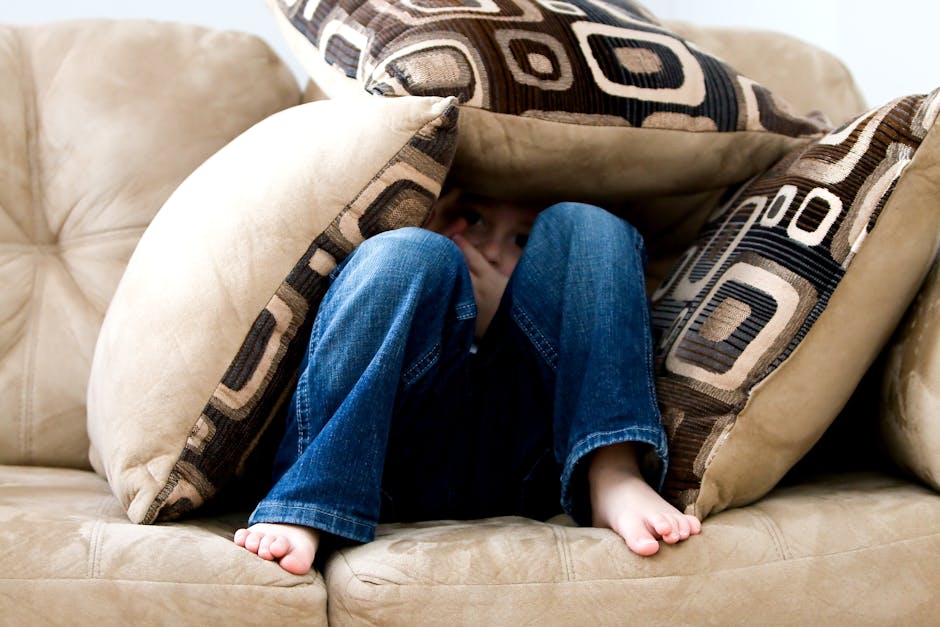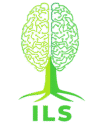
Anxiety
Coping With Anxiety/Types of Anxiety Disorders
Imagine Solutions with Urban Youth Initiative inc.
19 July, 2022
Anxiety is a normal stress reaction, which can be a feeling of uneasiness, dread, apprehension, or fear. Everyone experiences anxiety, but it will dissipate relatively quickly in most people. Some people experience chronic anxiety that significantly impairs their ability to carry out daily tasks and can result in panic attacks. Anxiety disorders are categorized based on specific symptoms an individual is experiencing that interfere with their ability to function.
Anxiety disorders are a group of mental illnesses characterized by feelings of anxiety and fear, as well as physical symptoms. Anxiety disorders are the most common mental illnesses, affecting roughly 18% of Americans at some point in their lives. Women are twice as likely to experience an anxiety disorder as men.
Anxiety disorders are treatable, but there is no cure. The first step is understanding anxiety and how it affects your body and brain.
What Is Anxiety
Anxiety is a normal reaction to stress or danger that you have experienced many times before in your life. It can range from mild unease to full-blown panic attacks with debilitating physical symptoms like shaking, sweating, and difficulty breathing. Anxiety can also include worrying excessively about minor things and feeling out of control when facing problems or challenges.
Anxiety disorders occur when you feel extreme fear, worry, or nervousness that interferes with your daily life and causes severe distress. These feelings can be so strong that they cause physical symptoms like nausea, headaches, or muscle tension; interfere with relationships; make it difficult to go about daily tasks like work or school, and cause sleeping difficulties.
Types of Anxiety Disorders
There are many types of anxiety disorders. Anxiety can be caused by various factors, including genetics, brain chemistry, and life experiences.
Generalized Anxiety Disorder (GAD)
GAD is an ongoing sense of worry and nervousness about everyday life that interferes with your ability to function on a day-to-day basis. People with GAD are often plagued by feelings of restlessness, fatigue, irritability, muscle tension, and problems concentrating.
Panic Disorder
Panic disorder is characterized by unexpected and repeated episodes of intense fear that strike out of the blue. You may have feelings of terror that repeatedly strike with no warning. During these attacks, you may feel like you have a heart attack, are losing control, or even dying. Panic attacks can be so severe it feels like they last forever.
Phobias
A phobia is an extreme or irrational fear of something that presents little or no actual danger. The most common phobias relate to heights, flying, and public speaking/performing. People with phobias will go to great lengths to avoid their triggers because they believe they’re in mortal danger if they come into contact with them.
Obsessive-Compulsive Disorder
Obsessive-compulsive disorder (OCD) is a mental health condition that causes people to have obsessive thoughts and compulsive behaviors. Obsessions are unwanted, repetitive thoughts, images, or impulses that cause anxiety and distress. Compulsions are behaviors a person feels driven to do repeatedly to make the obsession disappear.
Coping With Anxiety
When anxiety becomes excessive, it can interfere with your daily life. Anxiety disorders are one of the most common reasons people seek medical help.
You may have an anxiety disorder if you feel excessively anxious or nervous about everyday events for at least six months. You may also experience physical symptoms, including chest pain, shortness of breath, and gastrointestinal problems.
While there isn’t one cure for all anxiety disorders, treatments have proven effective in reducing symptoms and improving quality of life.
- Avoid triggers once you have identified them
- Get plenty of sleep
- Participate in physical activity
- Eat healthily
- Avoid caffeine, tobacco, alcohol, and recreational drugs
- Stress management and relaxation
- Seek help
Coping with anxiety disorders requires learning about anxiety and anxiety disorders and taking steps to address symptoms in daily life. Research is ongoing regarding effective treatment methods for anxiety, including medications, therapy, and self-help strategies. Taking time to find the strategy that works for you and practicing it until it becomes routine are the best ways to cope with anxiety.
